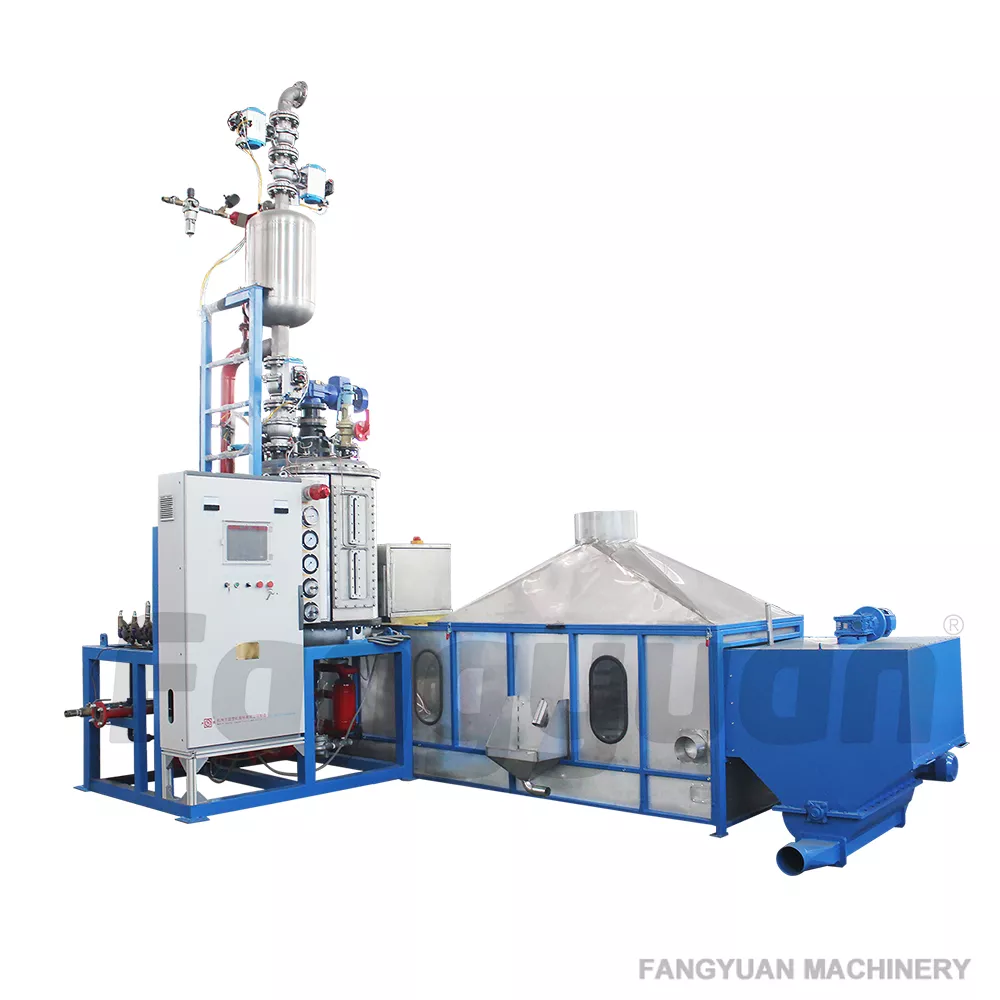Green technology is a rapidly growing field that focuses on using sustainable and environmentally friendly practices to improve various industries. In the realm of textile manufacturing, one area where these technologies are making significant strides is in the production of materials like ETPU (Ethylene Terephthalate).
One such advancement is the use of biodegradable polymers. These are made from renewable resources and can break down naturally over time, reducing their environmental impact. ETPU machines equipped with this feature can produce ecofriendly products without compromising quality or functionality.

Another innovation in the world of ETPU machines is the integration of recycled material. By incorporating reclaimed plastic waste into the manufacturing process, companies can reduce their carbon footprint and create more sustainable products. This not only benefits the environment but also reduces costs associated with raw materials.
In addition to these technological advancements, the development of smart ETPU machines has become increasingly popular. These machines utilize advanced sensors and algorithms to monitor and optimize the production process, resulting in energy savings and reduced waste. With the ability to adapt to varying conditions and demands, these machines are becoming an essential tool in today's ecoconscious industry.
As we continue to navigate the challenges of climate change, it is crucial that we embrace and invest in innovative solutions like those found in ETPU machine technology. The future of our planet and its inhabitants depends on our ability to develop and implement sustainable practices. Let us work together to make the world a better place through the power of technology and innovation.
This article introduces some of the latest advancements in green technology for ETPU machines. We've discussed the use of biodegradable polymers and the incorporation of recycled material into the production process. Additionally, the integration of smart ETPU machines with advanced sensors and algorithms is highlighted as a significant contribution to sustainability efforts in the textile manufacturing sector. These innovations demonstrate the potential of technology to play a vital role in shaping a more sustainable future.
























 QQ
QQ